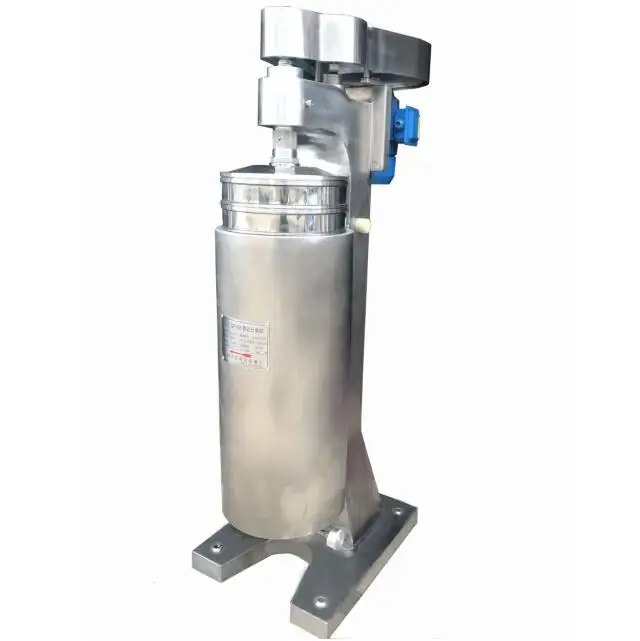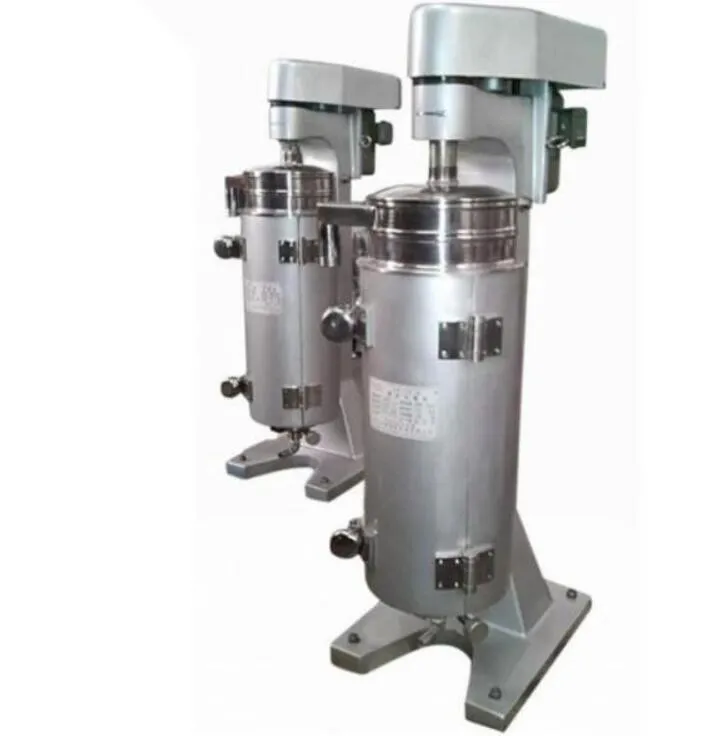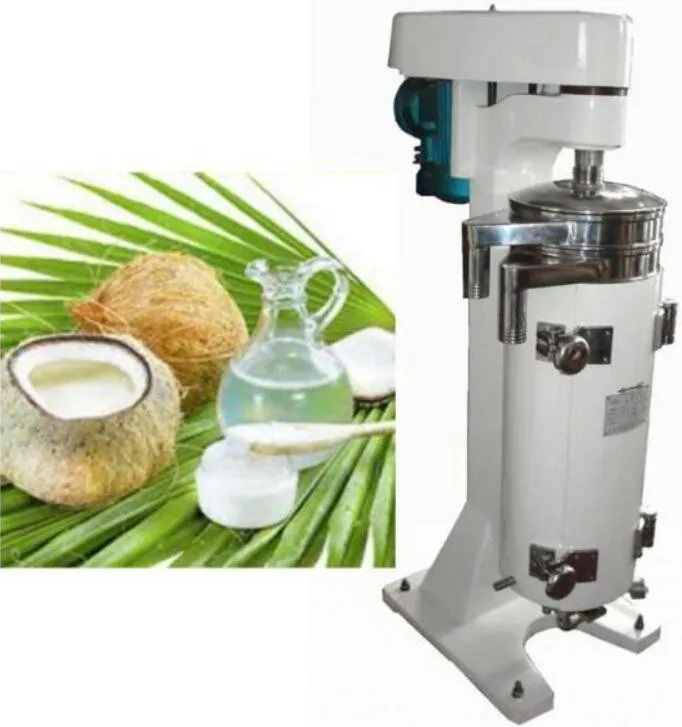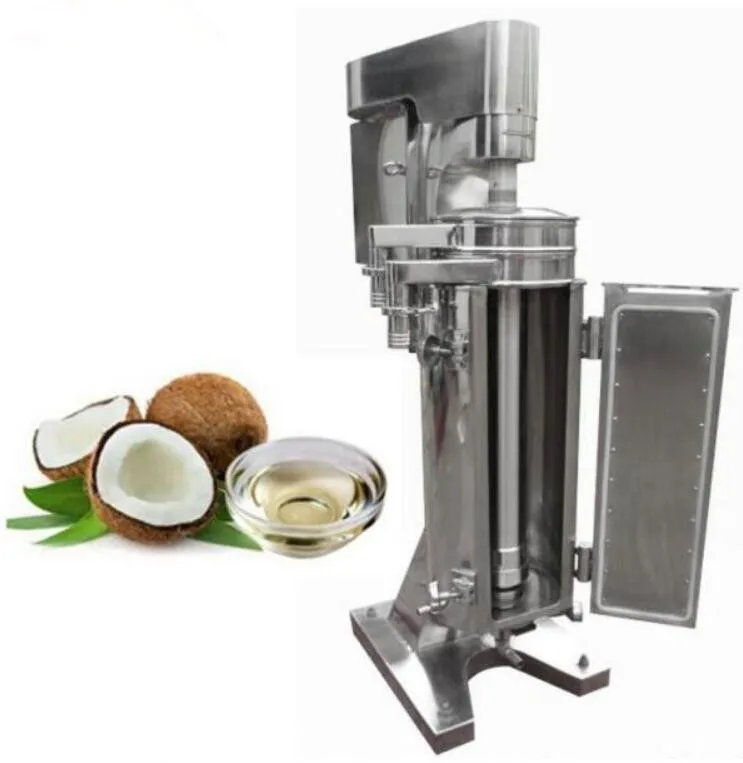Laboratory Centrifuge: Key Considerations for Buyers in 2025
Modern laboratories require precision equipment like laboratory centrifuges for various applications. Whether you're upgrading existing equipment or setting up a new facility, understanding the latest market trends and technical specifications is crucial.
How to Find Reliable Laboratory Centrifuge from China in 2025
China remains a leading manufacturer of laboratory equipment, offering competitive pricing without compromising quality. When sourcing centrifuges:
- Verify manufacturer certifications (ISO 13485, CE, FDA)
- Request product testing reports
- Check customer references from similar facilities
- Evaluate after-sales service policies
Top Chinese manufacturers like Hunan Kaida and Shanghai Luxiang have established global distribution networks, making their products accessible worldwide.
What Buyers Should Know Before Buying Laboratory Centrifuge from China
Key considerations include:
- Voltage compatibility (220V/110V options)
- Shipping costs and import duties
- Warranty coverage and local service support
- Lead times for replacement parts
Many Chinese suppliers now offer OEM services, allowing customization for specific laboratory requirements.
Types of Laboratory Centrifuge
Common varieties include:
- Benchtop centrifuges: Compact units for routine lab work
- High-speed centrifuges: For specialized research applications
- Microcentrifuges: Designed for small volume samples
- Refrigerated centrifuges: Maintain sample integrity during separation
Functions and features of Laboratory Centrifuge
Modern centrifuges offer:
- Programmable speed settings (RPM and RCF)
- Automatic rotor recognition
- Imbalance detection systems
- User-friendly touchscreen interfaces
- Data logging capabilities
Scenarios of Laboratory Centrifuge
These devices serve multiple applications:
- Clinical laboratories: Blood component separation
- Research facilities: Cell culture preparation
- Pharmaceutical companies: Drug development
- Industrial labs: Quality control testing
How to Choose Laboratory Centrifuge
Selection criteria should consider:
- Sample types and volumes
- Required g-force capabilities
- Available lab space
- Budget constraints
- Future scalability needs
Laboratory Centrifuge Q & A
Q: What maintenance does a laboratory centrifuge require?
A: Regular cleaning, rotor inspections, and lubrication (per manufacturer guidelines) ensure optimal performance.
Q: How often should centrifuges be calibrated?
A: Annual calibration is recommended, with more frequent checks for high-precision applications.
Q: Can I use any rotor with my centrifuge?
A: Only use manufacturer-approved rotors designed for your specific model to ensure safety.
Q: What safety features should I look for?
A: Prioritize models with lid-lock mechanisms, imbalance detection, and automatic shut-off.
Q: How long do laboratory centrifuges typically last?
A: With proper maintenance, quality units can operate effectively for 7-10 years.



























































